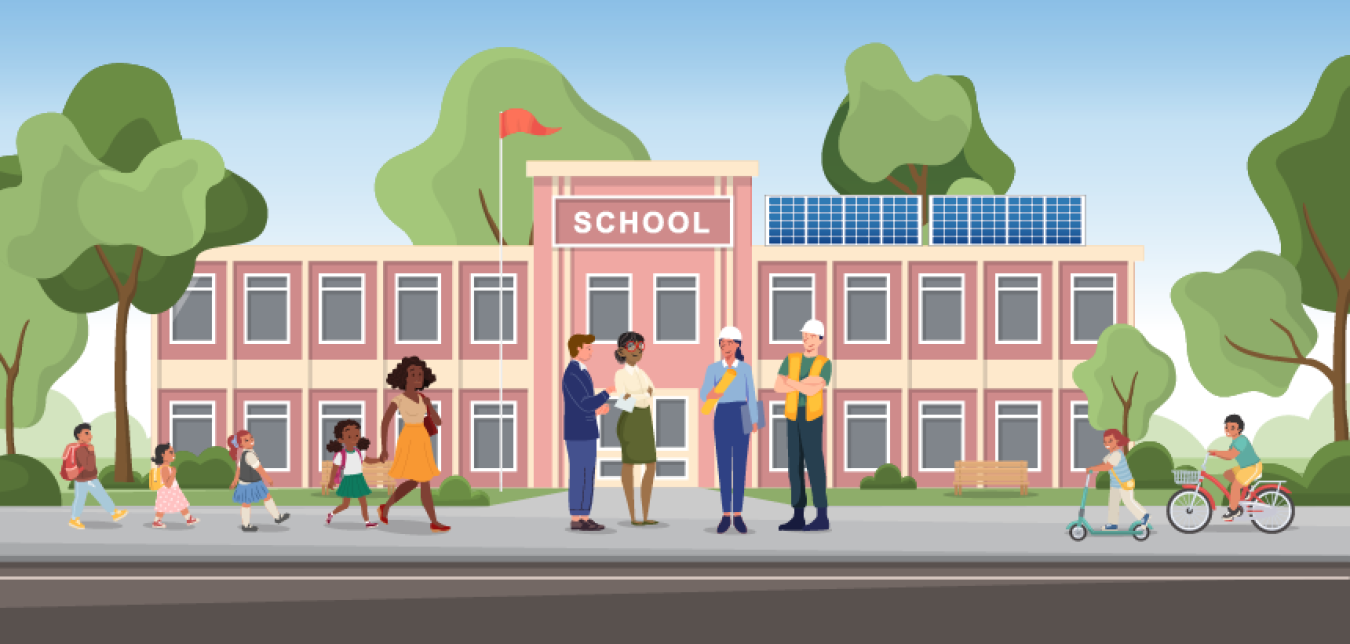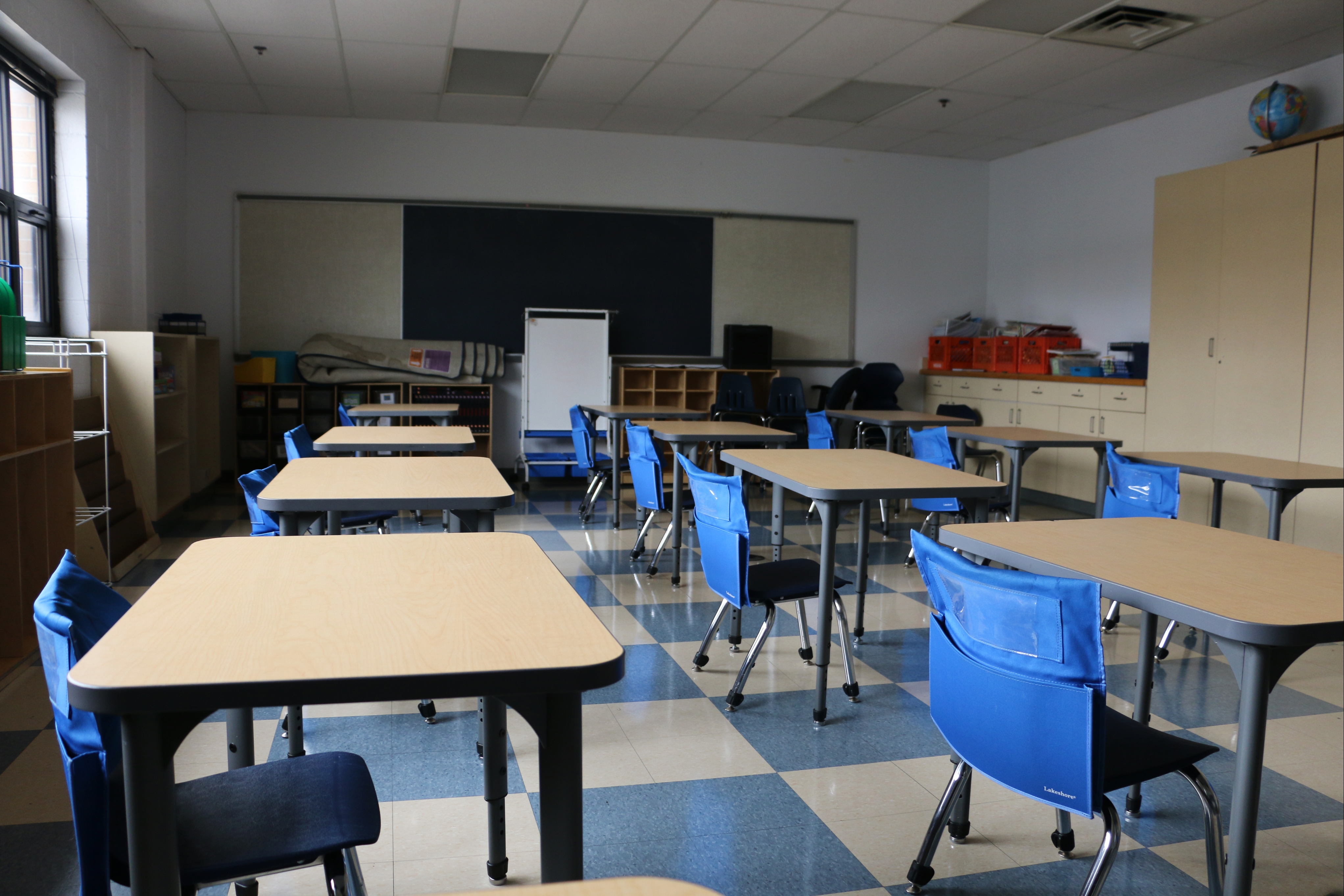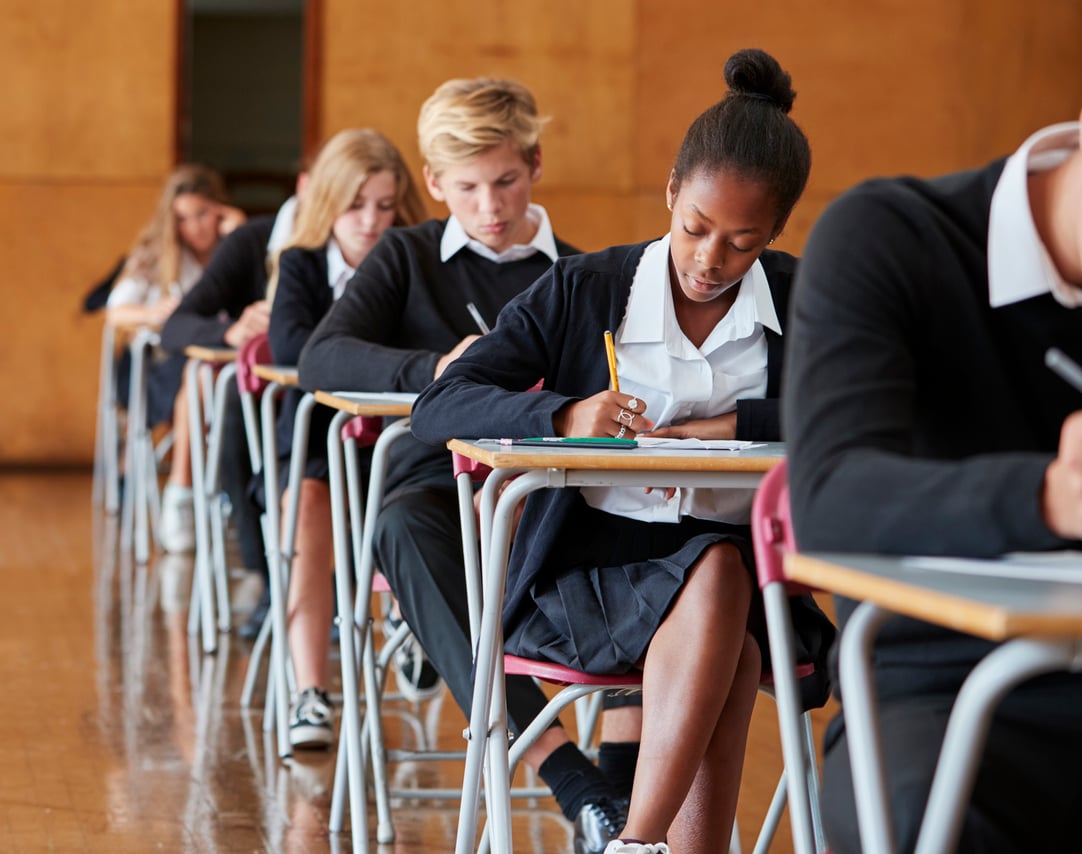The Relevance of Local Assistance to Save Temecula Schools Today
Wiki Article
How Schools Play a Critical Duty in Shaping Future Leaders and Pioneers
By incorporating project-based knowing and interdisciplinary researches, educational organizations test pupils to evaluate and manufacture intricate info. Teachers offer as advisors, leading students and nurturing their capacity, while extracurricular activities additionally create leadership abilities and durability.Fostering Essential Thinking
In today's swiftly advancing globe, promoting vital believing within schools has come to be extremely important. As society comes to grips with increasingly complicated international obstacles, the ability to analyze, assess, and synthesize info is essential. Schools play a vital role in developing these skills, preparing pupils to navigate and resolve complex issues with informed, reasoned choices.To grow important reasoning, educators use numerous instructional methods that motivate energetic learning and intellectual interaction. Class conversations, problem-based learning, and Socratic examining are crucial in promoting reflective and logical thought processes. By testing students to interrogate presumptions and take into consideration several point of views, these approaches make sure a deeper understanding of subject matter past rote memorization.
Additionally, integrating essential thinking throughout the curriculum strengthens its value and applicability in varied contexts. Topics such as maths, scientific research, history, and literary works each deal unique chances to establish students' crucial faculties. For circumstances, analyzing historical occasions calls for comprehending and evaluating resources context, while clinical query needs rigorous theory screening and evidence-based reasoning.
Ultimately, instilling crucial assuming skills in students outfits them with the cognitive devices essential for lifelong understanding and adaptability. It is through this fundamental proficiency that future leaders will be able to innovate, fix problems, and add meaningfully to society.
Encouraging Creativity
Embracing creative thinking within educational frameworks galvanizes trainees to assume past conventional borders and discover cutting-edge services. By integrating creative endeavors and creativity workouts into the educational program, institutions cultivate an environment where creativity and imaginative thought are valued. This method not only enriches the academic experience but additionally outfits trainees with the capability to tackle real-world obstacles in novel means.School can foster creativity through diverse means such as project-based learning, interdisciplinary research studies, and the consolidation of arts and modern technology. Project-based learning, for circumstances, urges students to apply their understanding in sensible, often collaborative, projects that require creative problem-solving skills. Interdisciplinary researches allow trainees to draw connections in between different topics, thus broadening their perspectives and improving their creative capabilities.
In addition, supplying trainees with possibilities to involve with emerging technologies, such as coding and digital layout, even more nurtures their imaginative capacity. These tasks prompt pupils to experiment, fall short, and repeat, which are important components of the imaginative procedure (Save Temecula Schools). By keeping a supportive environment where trial and error is urged, institutions can make certain that students develop the self-confidence to pursue ingenious concepts
Basically, supporting imagination in educational settings is essential for forming future leaders and innovators with the ability of resolving complicated global issues with ingenuity.
Supporting Partnership

Executing group-based understanding components and cooperative projects enables students to experience the characteristics of team effort firsthand. This not just prepares them for the collaborative nature of contemporary workplaces but also supports management qualities as they frequently need to handle duties such as project managers or group organizers. Additionally, partnership in the classroom can damage down social obstacles and advertise inclusivity, making certain that each pupil feels valued and heard.
Moreover, integrating innovation can additionally sustain joint initiatives. Devices like common electronic workspaces and interactive systems allow students to function together successfully, even outside the classroom. As pupils establish these collaborative abilities, they are much better equipped to take on complicated difficulties and innovate, preparing for their future duties as leaders and pioneers.
Duty of Educators as Advisors

Mentorship includes individualized interest, where educators recognize and nurture private staminas and address weak points. Save Temecula Schools. Through individually interactions, educators can tailor their recommendations and support to meet from this source each trainee's unique needs, fostering a feeling of confidence and durability. This individualized technique cultivates a development attitude, click motivating trainees to watch failings as opportunities for discovering and development
Additionally, teachers function as good example, showing the values of empathy, determination, and honesty. Their actions and attitudes supply a blueprint for trainees to replicate, instilling a sense of honest obligation and social recognition. By producing a encouraging and comprehensive classroom setting, educators allow trainees to establish interpersonal abilities that are essential for reliable management.
Fundamentally, the mentorship supplied by instructors lays a foundational structure for the growth of future leaders, furnishing them with the understanding, abilities, and values required to stand out in an ever-evolving world.
Influence of After-school Activities
When incorporated effectively right into the educational structure, extracurricular activities substantially improve trainee development and management possibility. These tasks provide students with chances to check out passions past the traditional curriculum, cultivating a versatile skill set. Clubs, sporting activities groups, and arts programs grow necessary high qualities such as team effort, time management, and strength. Involvement in these activities frequently requires pupils to take on responsibilities, therefore supporting their management capacities.Trainees involved in songs, discussion, or drama clubs discover to think seriously and technique issues from varied point of views. By teaming up with peers from various backgrounds, students additionally establish compassion and communication abilities, necessary traits for future leaders.
After-school activities additionally play an important role in academic efficiency. Research study shows that trainees entailed in such programs often tend to have greater qualities and better presence documents. These activities provide a healthy outlet for stress, adding to total wellness. Hence, institutions that focus on a well balanced approach Learn More Here to education, integrating durable extracurricular programs, are most likely to produce leaders and pioneers equipped to satisfy the challenges of the future.

Verdict
To conclude, schools substantially form future leaders and pioneers by nurturing vital thinking, creativity, and collaboration among students. Engaging instructional techniques such as project-based discovering and interdisciplinary research studies play an important role in this advancement. Educators, serving as advisors, provide important assistance and support, while extracurricular activities even more boost leadership potential and strength. By promoting a supportive atmosphere that values specific staminas and synergy, schools equip students with the needed abilities to browse future challenges and drive innovation.As trainees create these collaborative abilities, they are better geared up to tackle complex challenges and innovate, laying the foundation for their future duties as trendsetters and leaders.
By promoting essential thinking and analytic skills, instructors assist trainees browse intricate challenges, preparing them for leadership duties in different areas.
By collaborating with peers from various histories, trainees likewise create compassion and interaction abilities, crucial qualities for future leaders.
In conclusion, colleges substantially shape future leaders and innovators by nurturing vital thinking, imagination, and partnership among students. By cultivating an encouraging environment that values specific staminas and synergy, institutions gear up trainees with the necessary skills to navigate future obstacles and drive development.
Report this wiki page